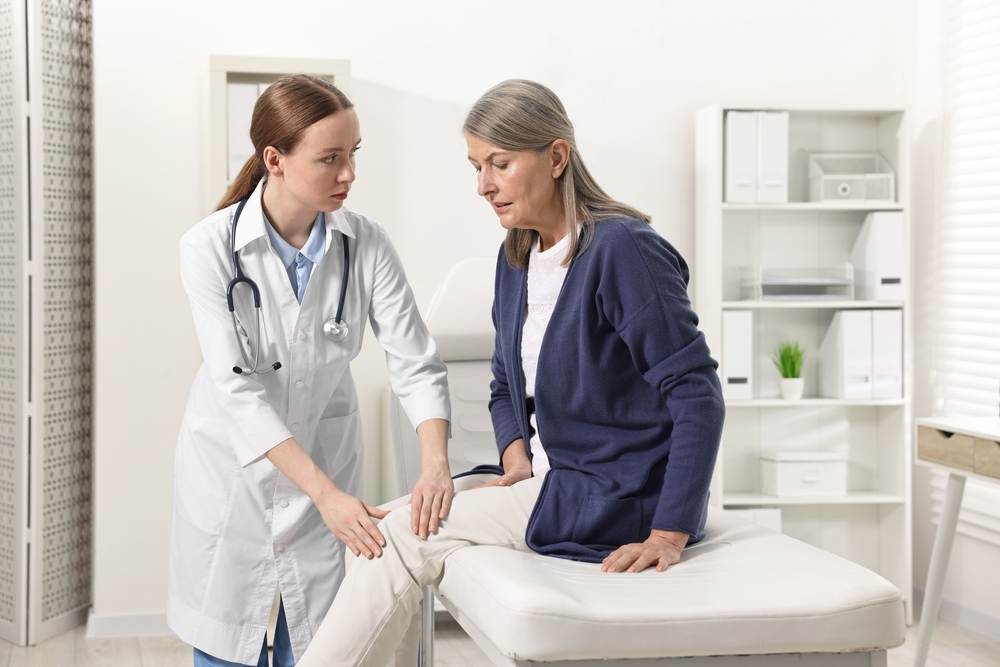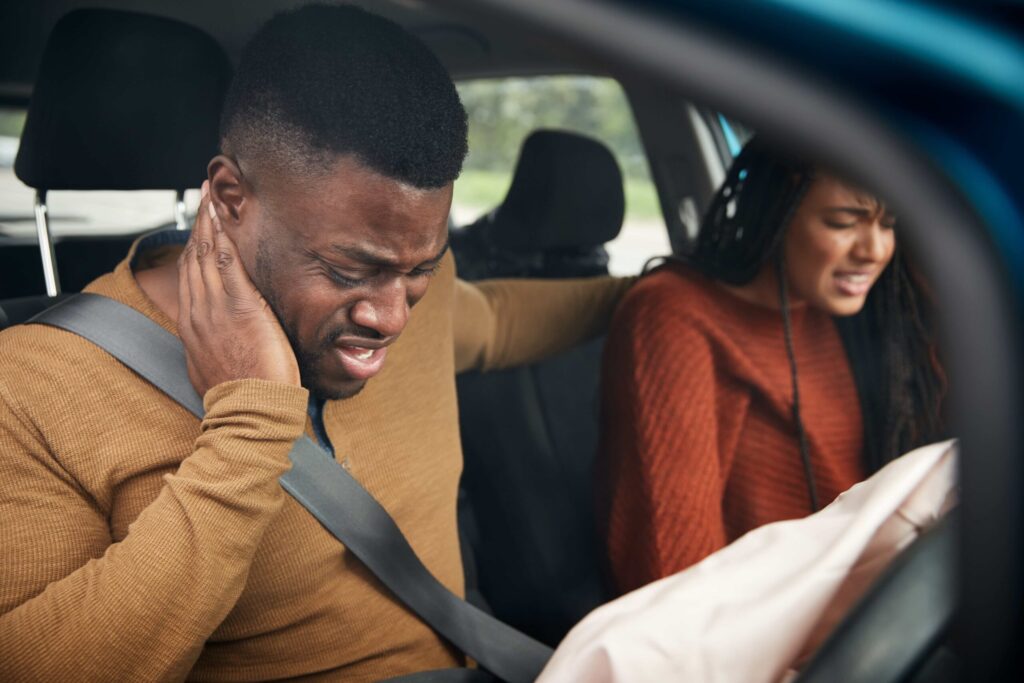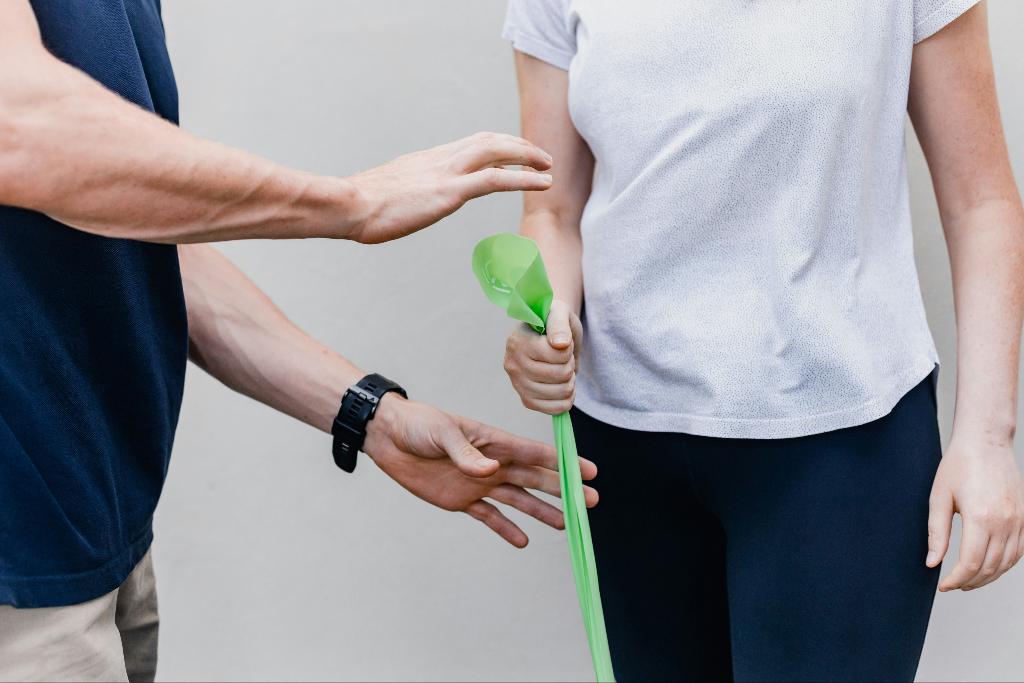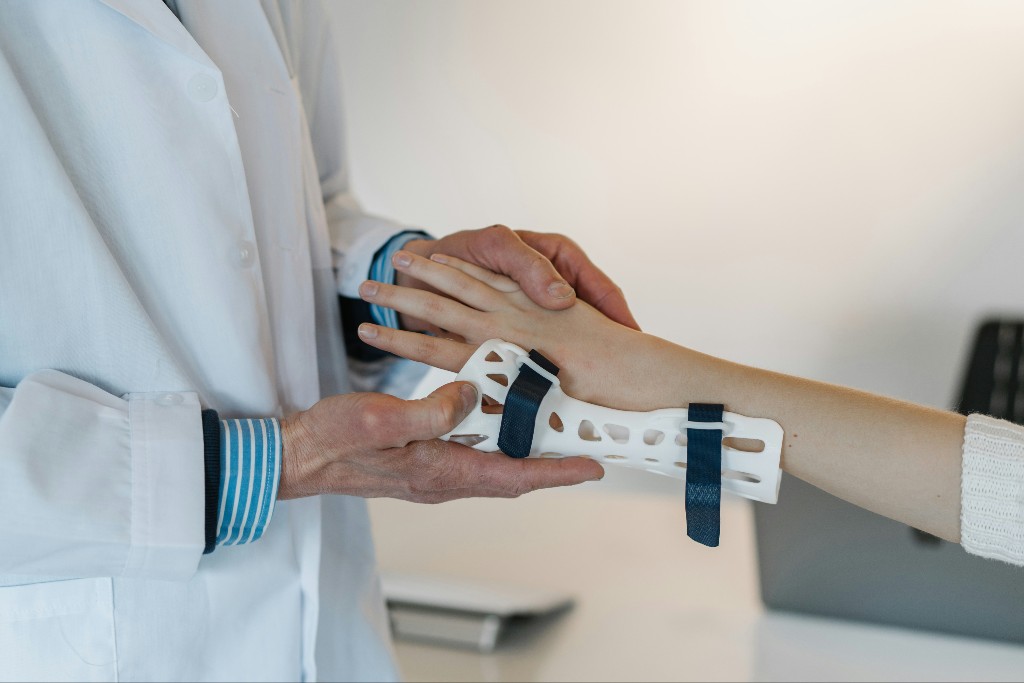 Experiencing delayed knee pain after a car accident is a common yet often misunderstood phenomenon. Unlike immediate injuries that are evident at the moment of impact, knee pain may not present itself until hours, days, or even weeks later. This delay can cause confusion and concern over the extent of the injury and the steps necessary for recovery. For those facing this predicament, understanding the potential causes, recognizing the symptoms, and knowing the available treatment options are important steps towards healing. Immediate consultation with medical professionals, through emergency care or specialized car accident clinics, is important for effectively managing these injuries.
Experiencing delayed knee pain after a car accident is a common yet often misunderstood phenomenon. Unlike immediate injuries that are evident at the moment of impact, knee pain may not present itself until hours, days, or even weeks later. This delay can cause confusion and concern over the extent of the injury and the steps necessary for recovery. For those facing this predicament, understanding the potential causes, recognizing the symptoms, and knowing the available treatment options are important steps towards healing. Immediate consultation with medical professionals, through emergency care or specialized car accident clinics, is important for effectively managing these injuries.
Why Does Knee Pain Appear Days After an Accident?
Delayed knee pain can arise due to the body’s initial response to stress and trauma. The adrenaline rush during an accident can mask pain and injuries, leading to a delayed onset of symptoms as the body starts to recover from the shock. Knee pain specifically can indicate various issues, including damage to the soft tissue, bone fractures, ligament tears, or even internal joint problems, which might not be immediately apparent after the accident.
Learn more about other delayed injuries after a car accident
Common Causes of Delayed Knee Pain Post-Accident
The impact and trauma of a car accident can lead to several conditions resulting in delayed knee pain:
- Soft Tissue Injury: Damage to the muscles, ligaments, or tendons around the knee often emerges after the adrenaline rush subsides. This damage can result from overstretching, partial tears, or complete tears, leading to inflammation, pain, and reduced function.
- Bone Fractures: Small or hairline fractures in the knee area, such as in the patella or the ends of the femur or tibia, may not initially be painful due to shock and adrenaline. As the body calms, the pain can become more pronounced, particularly with weight-bearing activities.
- Ligament Tears: The anterior cruciate ligament (ACL), medial collateral ligament (MCL), and other knee ligaments can be stretched or torn during a car accident. Initially, the injury might not seem severe but can lead to instability, swelling, and significant discomfort as time progresses.
- Meniscus Tears: The menisci act as shock absorbers in the knee. A tear can occur during the traumatic twisting or compression forces during an accident. Pain, swelling, and difficulty moving the knee may develop gradually as the initial trauma’s effects wear off.
- Post-Traumatic Arthritis: This form of arthritis can develop after an injury to the knee, involving joint damage or wear. It leads to joint inflammation, pain, stiffness, and swelling, which may worsen over time and significantly impact mobility.
- Patellar Tendinopathy: Overload on the patellar tendon, either from direct trauma or compensatory movements post-accident, can lead to tendinopathy. This condition presents as gradual knee pain, particularly around the tendon, worsening with activity.
- Bursitis: The knee has several bursae, fluid-filled sacs that cushion the joint. Trauma can lead to inflammation of these bursae, known as bursitis, causing pain, swelling, and tenderness in the knee area.
Read more about how long it takes to recover from a car accident knee injury
Recognizing Symptoms of Delayed Knee Pain
If you’re experiencing knee pain after a car accident, symptoms to watch for include persistent or worsening pain in the knee, swelling or bruising around the knee, difficulty bearing weight on the affected leg, a popping or grinding noise during movement, and a decreased range of motion in the knee joint, indicating the need for immediate medical evaluation.
Immediate Steps to Take After Noticing Delayed Knee Pain
Upon noticing delayed knee pain after a car accident, taking several immediate steps is important to protect your health. First, seek medical attention for a comprehensive evaluation of your condition. Healthcare professionals may conduct imaging studies, like X-rays or MRI scans, to diagnose the cause of your pain accurately. It is also important to rest and allow your body to recover, avoiding activities that might exacerbate your symptoms.
Treatment Options for Delayed Knee Pain After a Car Accident
The treatment for delayed knee pain varies based on the underlying cause and severity of the injury, incorporating both conservative and surgical approaches:
- Medical Treatment: Serious injuries like ligament tears, fractures, or significant meniscus damage may require immediate medical care, including surgical intervention to repair the structures and restore stability and function to the knee.
- Medication: Alongside pain relief medications, anti-inflammatory drugs can help manage acute symptoms and reduce swelling, thereby facilitating a more comfortable recovery phase.
- Physical Therapy: Essential for rehabilitation, physical therapy aims to promote healing, reduce discomfort, and restore mobility through targeted exercises, stretching, and strengthening routines tailored to the specific knee injury.
- Noninvasive Procedures:
- Hot and Cold Therapy: Alternating between heat to promote blood flow and cold to reduce inflammation can be effective for managing pain and swelling.
- Arthrocentesis: The removal of fluid from the knee joint can relieve pressure and pain, particularly in cases of bursitis or post-traumatic arthritis.
- Knee Injections: Corticosteroid injections can offer relief from inflammation, while hyaluronic acid injections can lubricate the knee joint, improving mobility and reducing pain.
- Observation and Monitoring: Regular follow-ups and monitoring are crucial to ensure the treatment plan’s effectiveness. Adjustments may be needed based on the individual’s progress and response to treatment.
- Orthopedic Bracing: For ligament injuries or to provide support during the recovery process, bracing can stabilize the knee, prevent further injury, and aid in healing.
- Chiropractic Care: Chiropractors can offer treatments to improve alignment, reduce pain, and enhance knee joint function, particularly in cases where misalignment contributes to discomfort.
When to Seek Specialized Care for Delayed Knee Pain
If you experience persistent or worsening knee pain after a car accident, specialized care may be necessary. AICA Orthopedics offers experienced car accident medical specialists who provide targeted and comprehensive treatment for injuries sustained in vehicular accidents. Our team of orthopedic doctors, physical therapists, and chiropractors collaborate to create a comprehensive treatment plan that focuses on your specific knee pain.
With options ranging from noninvasive procedures like hot and cold therapy, arthrocentesis, and knee injections to surgical treatments when necessary, AICA Orthopedics ensures a focused path to recovery. Contact AICA Orthopedics to learn more about our services or to schedule an appointment, and begin your journey back to health.





